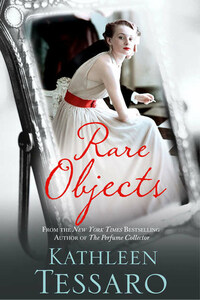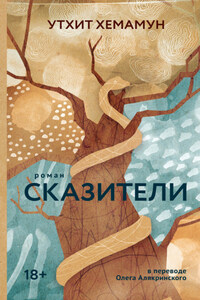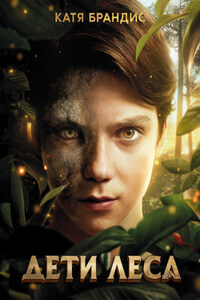Published by HarperCollinsPublishers Ltd 1 London Bridge Street London SE1 9GF
www.harpercollins.co.uk
First published in Great Britain by HarperCollinsPublishers 2016
Copyright © Kathleen Tessaro 2016
Cover layout design © HarperCollinsPublishers Ltd 2016. Cover photographs © Condé Nast Archive/Corbis (woman); Mariko Abe/Getty Images (mirror).
Kathleen Tessaro asserts the moral right to be identified as the author of this work.
A catalogue copy of this book is available from the British Library.
This novel is entirely a work of fiction. The names, characters and incidents portrayed in it are the work of the author’s imagination. Any resemblance to actual persons, living or dead, events or localities is entirely coincidental.
All rights reserved under International and Pan-American Copyright Conventions. By payment of the required fees, you have been granted the non-exclusive, non-transferable right to access and read the text of this e-book on screen. No part of this text may be reproduced, transmitted, down-loaded, decompiled, reverse engineered, or stored in or introduced into any information storage and retrieval system, in any form or by any means, whether electronic or mechanical, now known or hereinafter invented, without the express written permission of HarperCollins.
Source ISBN: 9780007419869
Ebook Edition © June 2015 ISBN: 9780007419869
Version: 2017-11-29
Looking back is a dangerous thing. I’ve spent much of my time studying other ages, searching out the treasures of ancient worlds, but I’ve always found it best to move forward, eyes front, in one’s own life. Hindsight casts a harsh, unforgiving light, and histories too tender and raw are stripped bare of the thousand shadowy self-deceptions that few of us can afford to see ourselves without.
But even the most conscientious of us can forget. The past dangles before us, as innocently as a loose thread from a sleeve. For me it began with a few lines in the local newspaper.
“Renovation works scheduled to begin at the Museum of Fine Arts, Boston.”
It had been years since I’d been there. I’d thought of going, many times, and even gotten so far as to be standing on the front steps before something stopped me. I suppose the place held too many memories, maybe even a few ghosts. Is there anything more haunting than the ambitions of youth?
But one of the great myths of age is that it brings us wisdom. It had been too long, I decided, folding the paper. This time I will knot the thread, tie the untidy end of my past or cut myself free of it.
And so, like Orpheus in the underworld, I talked myself into turning back and looking one last time at what I shouldn’t see.
I made the mistake of going on a rainy Saturday afternoon in March. The museum was full of families with small children careering from one room to another. They’re encouraged to touch everything these days—sticky handprints on all the glass cases.
I managed to avoid being tackled by toddlers and found my way to the Art of the Ancient World wing. The room I was looking for was sealed off with a red velvet rope and a sign that read “Closed to the Public.” I stepped round the rope, behind the sign, and into the abandoned gallery.
It was cool inside, and wonderfully quiet. There were tins of unopened paint and folded dust sheets, a few cigarette butts floating in some empty Coca-Cola bottles, but no work had actually begun. They hadn’t moved any of the displays yet or stored away the artifacts. Above the marble arch of the entrance it read “The Treasures of the Golden Age” in gilded lettering. I could see from where they’d constructed the scaffolding that they were probably planning to rub it out.
The mural was still there, though faded and cartoonish—Greek temples and dancing nymphs, satyrs playing flutes. I was surprised to feel a nostalgic twinge of sentimental affection for it, even though I hadn’t liked it at the time. Aging does that; it makes you amenable to far more ambiguous feelings and opinions than the inflexible black-and-white thinking of youth.
I walked past the statues of the mythical brothers Kleobis and Biton, frozen in rigid perfection, and paused by the vase and plate by the Harrow Painter, the archaic red-figure master. I even read the plaque beneath them, although I already knew what it said.
I remembered the first time I’d seen them, and the thrilling, slightly terrifying anticipation came flooding back, like déjà vu. Among the finest aesthetic accomplishments of their age, they’d been entrusted to my care one strange, ill-fated evening.








